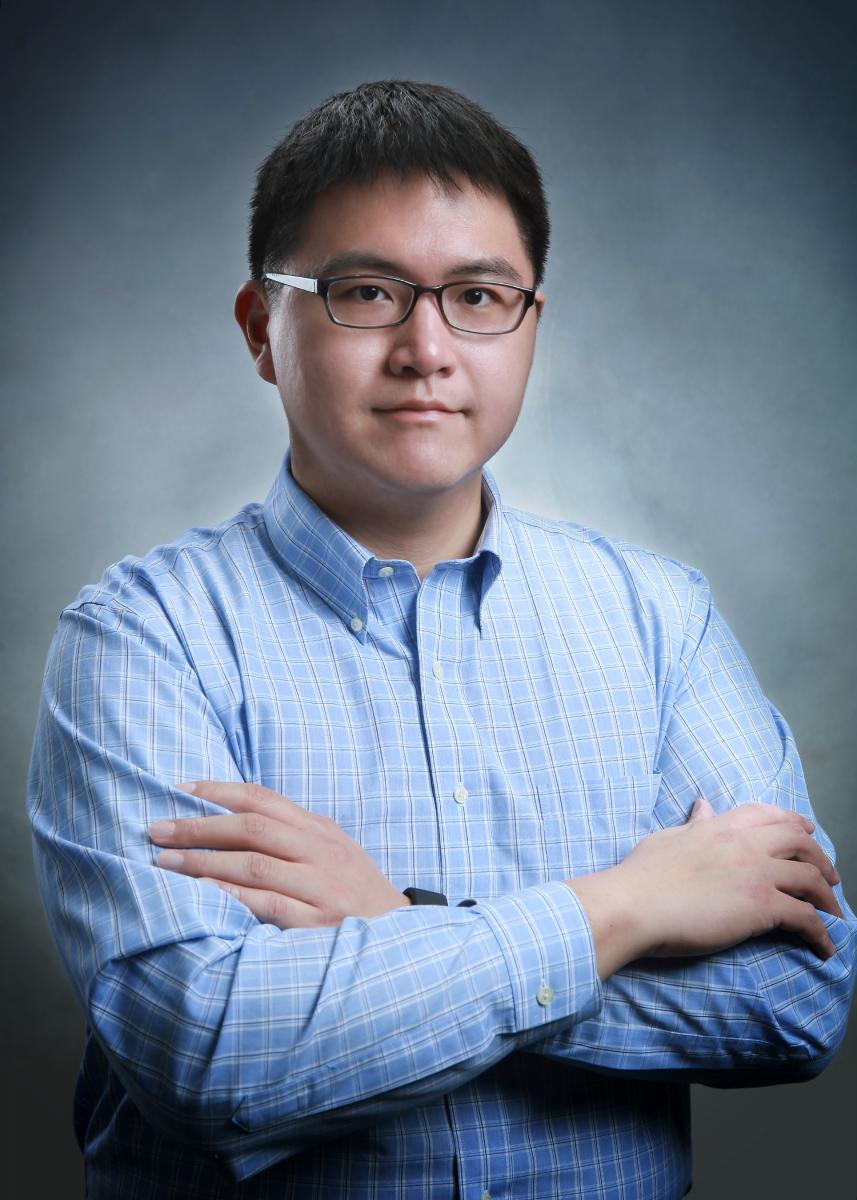Cheng Huang
University of Kansas
Seminar Information
~ Meeting ID: 958 0271 5772
~ For the Seminar Recording link, please contact the Fluids seminar coordinator, Jake Blair (j1blair@eng.ucsd.edu).

Combustion dynamics is characterized by the coupling between hydrodynamics, chemical reactions, and acoustics. In propulsion systems, such complex couplings can lead to combustion instabilities and cause devastating engine failures. Even though modern computational techniques have enabled engineers to move beyond the empirically-based design analyses in the past, high-fidelity (e.g., Large Eddy) simulations of full-scale engines remain out-of-reach for day-to-day engineering design applications. This drives the motivation to develop accurate and low-cost models to simulate these complex couplings in propulsion systems, especially with space exploration initiatives. This talk will present recent work on computational modeling of turbulent reacting flow for engineering applications, emphasizing advancement in Data-Driven and Reduced-Order Modeling framework development for reacting flow problems to enable efficient prediction of combustion dynamics in liquid-fueled rocket combustion systems. First, I will briefly cover the high-fidelity simulations of turbulent reacting flow for engineering applications. Next, I will discuss our advances in projection-based Reduced Order Model (ROM) formulation for complex dynamical systems using turbulent reacting flow as an example. Finally, I will present a novel component-based ROM framework for the modeling of full-scale engines.
Cheng Huang is currently an Assistant Professor in the Department of Aerospace Engineering at the University of Kansas. Before that, he worked as an Assistant Research Scientist in Aerospace Engineering at the University of Michigan – Ann Arbor, and worked as a PostDoctoral Research Assistant in the School of Aeronautics and Astronautics at Purdue University. Cheng Huang received his PhD in Mechanical Engineering from Purdue University in 2015, his Master Degree in Mechanical Engineering from Purdue University in 2012 and bachelor degree in Mechanical Engineering from Shanghai Jiaotong University in 2011. He specializes in computational modeling of turbulent reacting flows in complex combustion systems (e.g., rocket and gas turbine engines). His work primarily focuses on high-fidelity Large Eddy Simulation (LES), Data-Driven and Reduced-Order Modeling (ROM) of combustion dynamics in aerospace propulsion systems.
